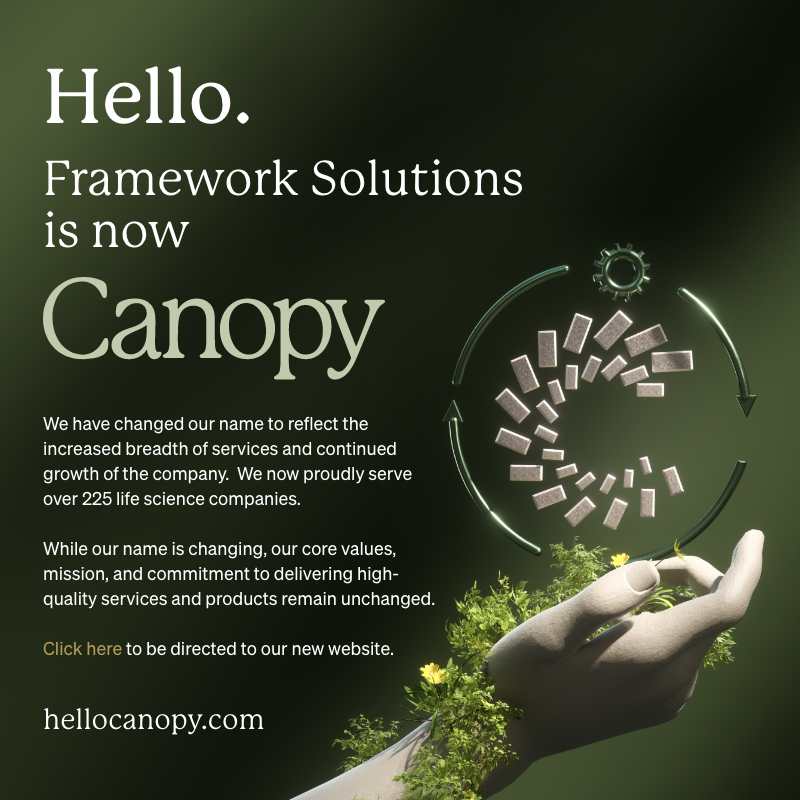3 Benefits of Concept Reviews
Review meetings are expensive, so it stands to reason that the lower the average review cycle per piece, the healthier and more efficient a content management process is. Incorporating concept reviews into your organization’s SOP is an excellent way to ensure that you are not wasting valuable time and resources on unrealistic tactics.
Concept reviews should be leveraged when the marketing team and their creative agency partners are looking to deploy new tactics that have not been previously approved by the MLR team. This can include things like new virtual conference booth layouts and functionality, cookie tracking campaigns, website design innovations, new digital vendor platforms etc.
Providing your marketers an opportunity to present new tactics, ask specific questions, and gather and record reviewer feedback to discern if a tactic is reasonable to bring to market provides numerous efficiencies:
- Facilitating high-level discussions around potential new tactics allows marketers and their agency partners to communicate the “why” as well as the “how” of a new tactic or strategy. This additional perspective creates a collaborative approach with the MLR reviewers that will inform the development of the new tactic before it is brought in for a first round of review.
- With the added knowledge of potential pitfalls and other areas of concerns provided to marketers and their agency partners, the creative teams can decide to not develop certain strategies or make key changes in the development of new tactics before resources have been expended.
- Since MLR reviewers will already have context for assets that have gone through a concept review, the subsequent review cycles can be more concise with their direction and will likely result in a quicker overall review timeline.
In the dynamic world of Life Science marketing, campaigns and tactics are constantly evolving. Implementing concept reviews will help your organization maintain and agile and efficient marketing strategy.
Questions?
Transformation through Collaboration



